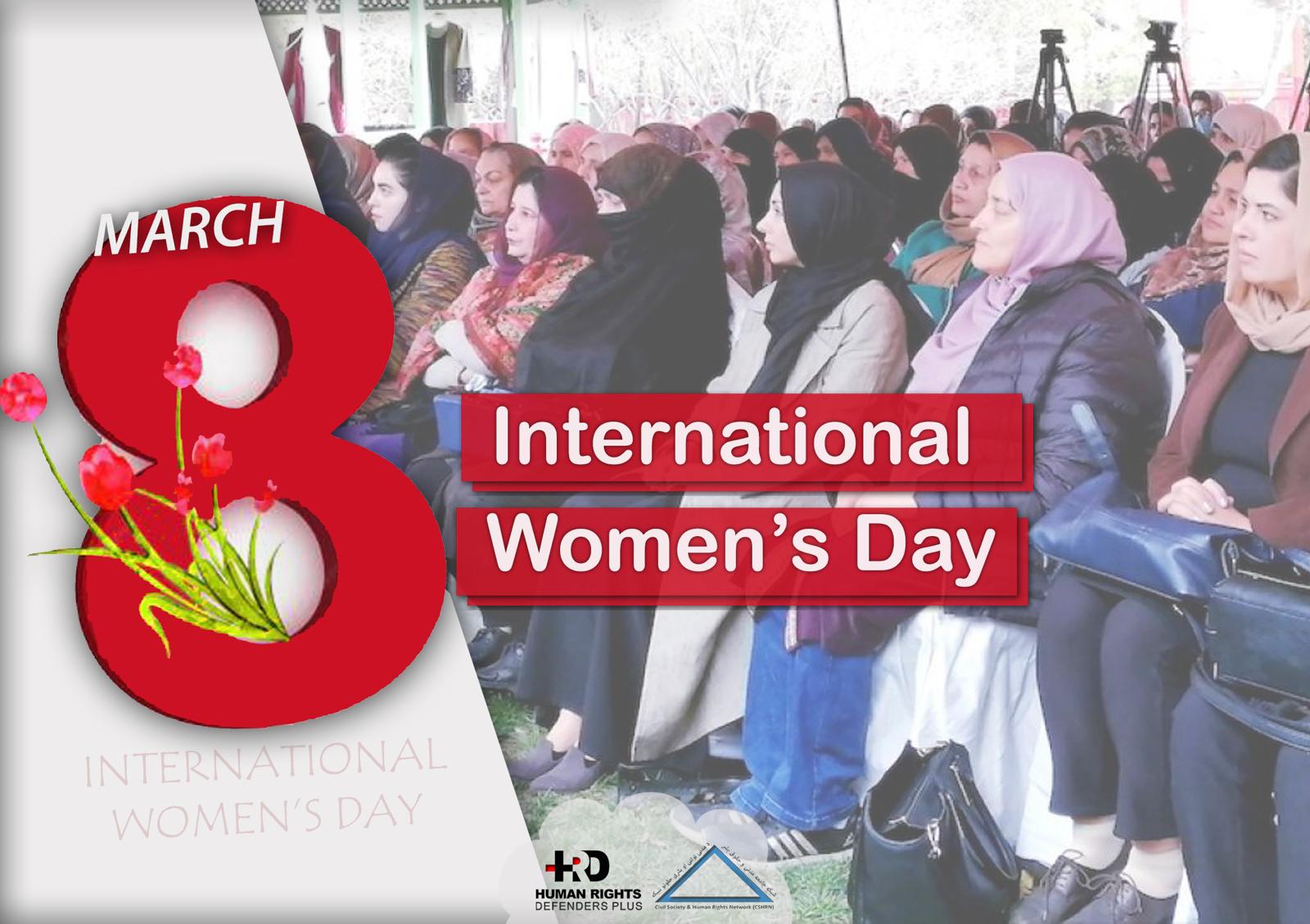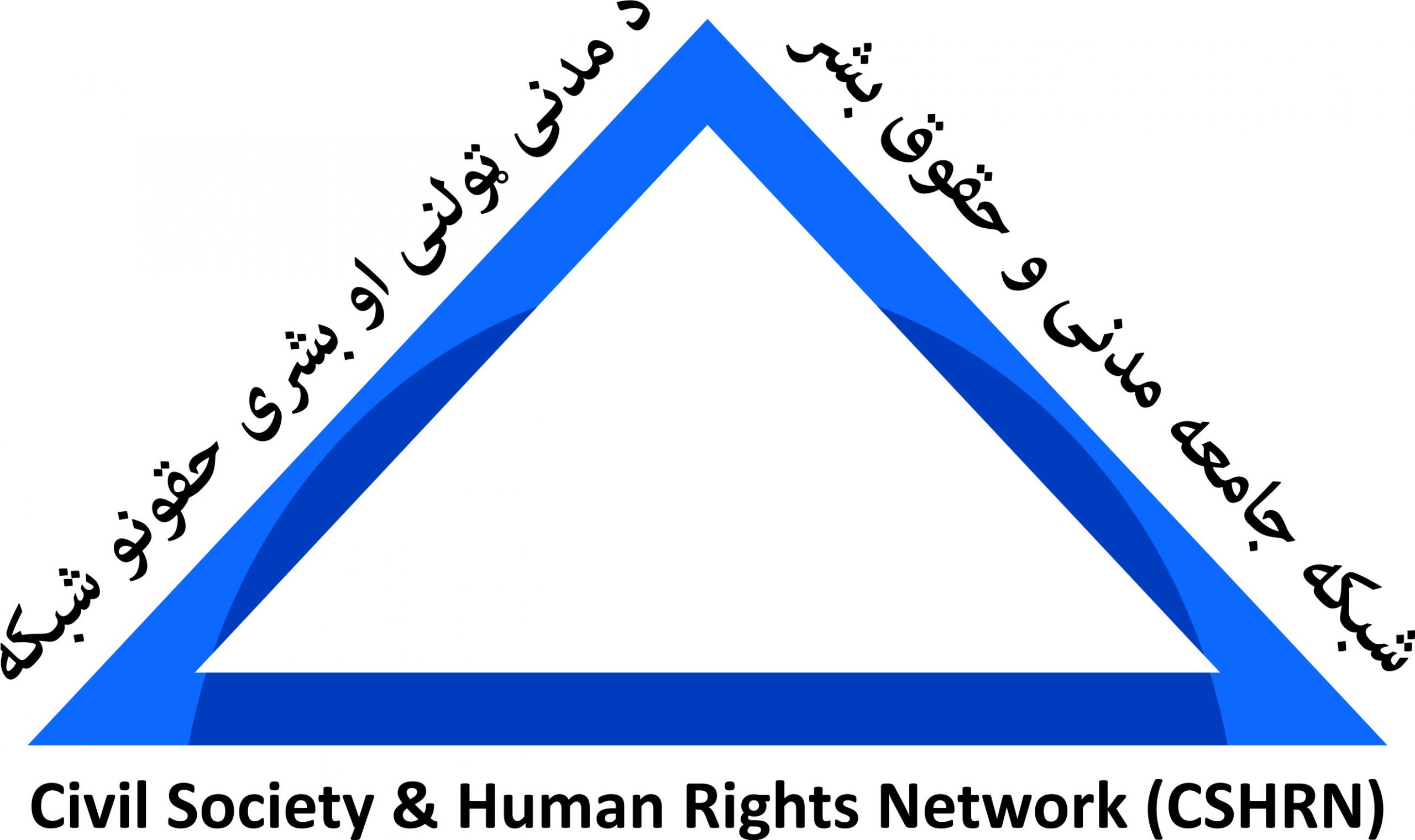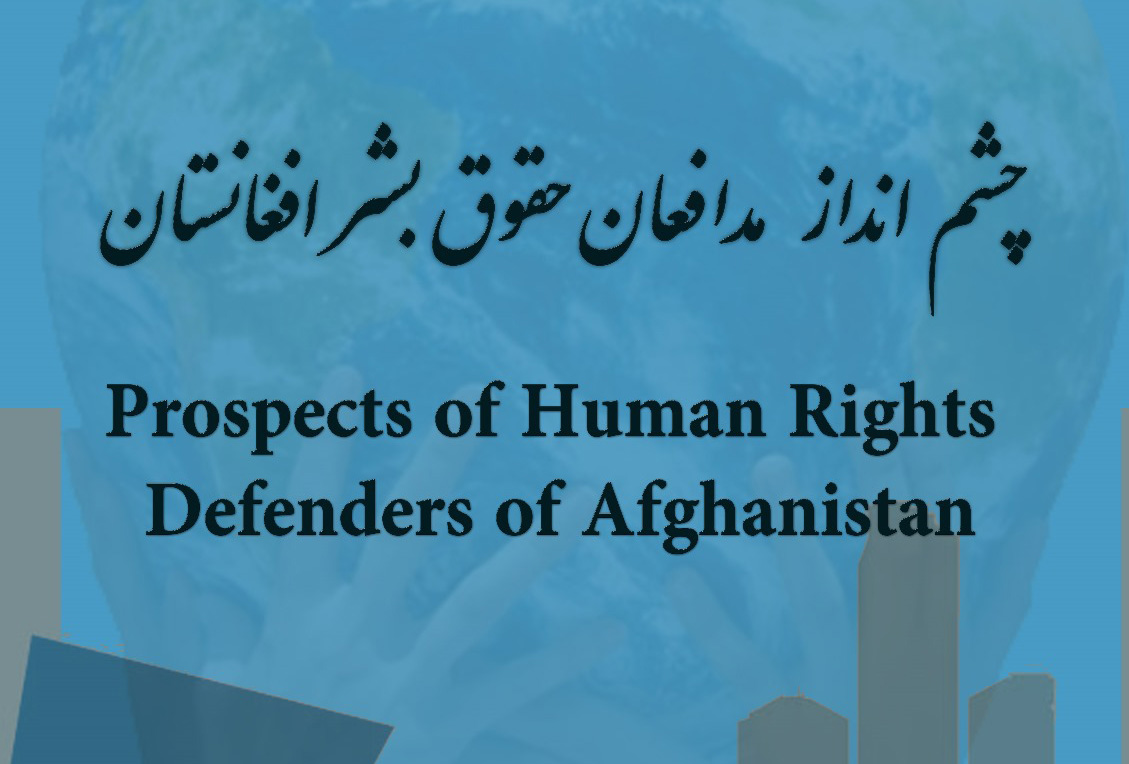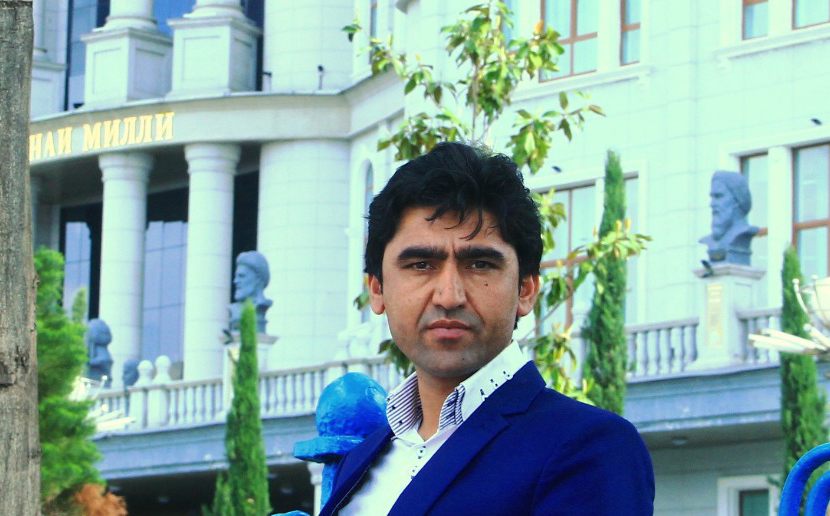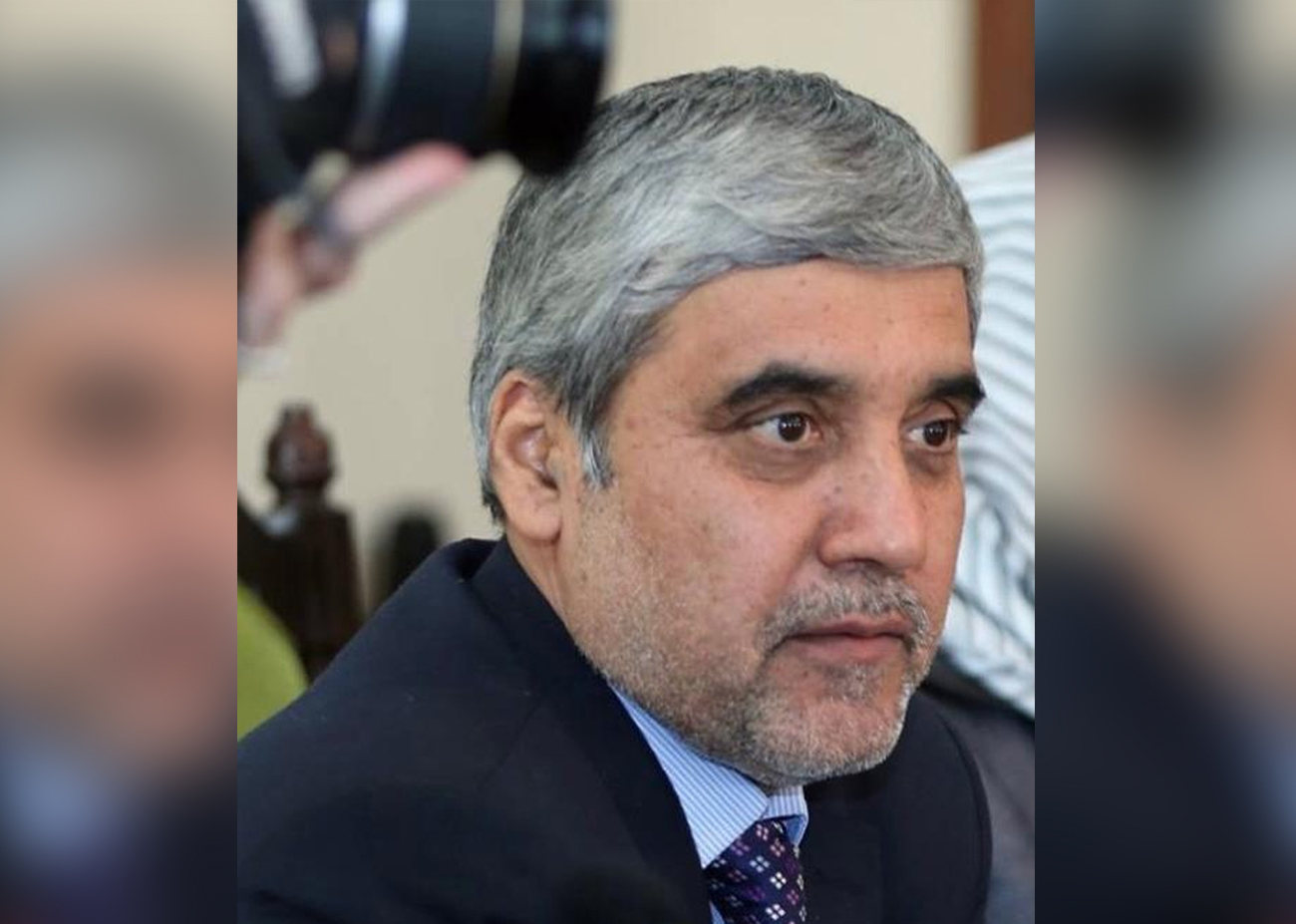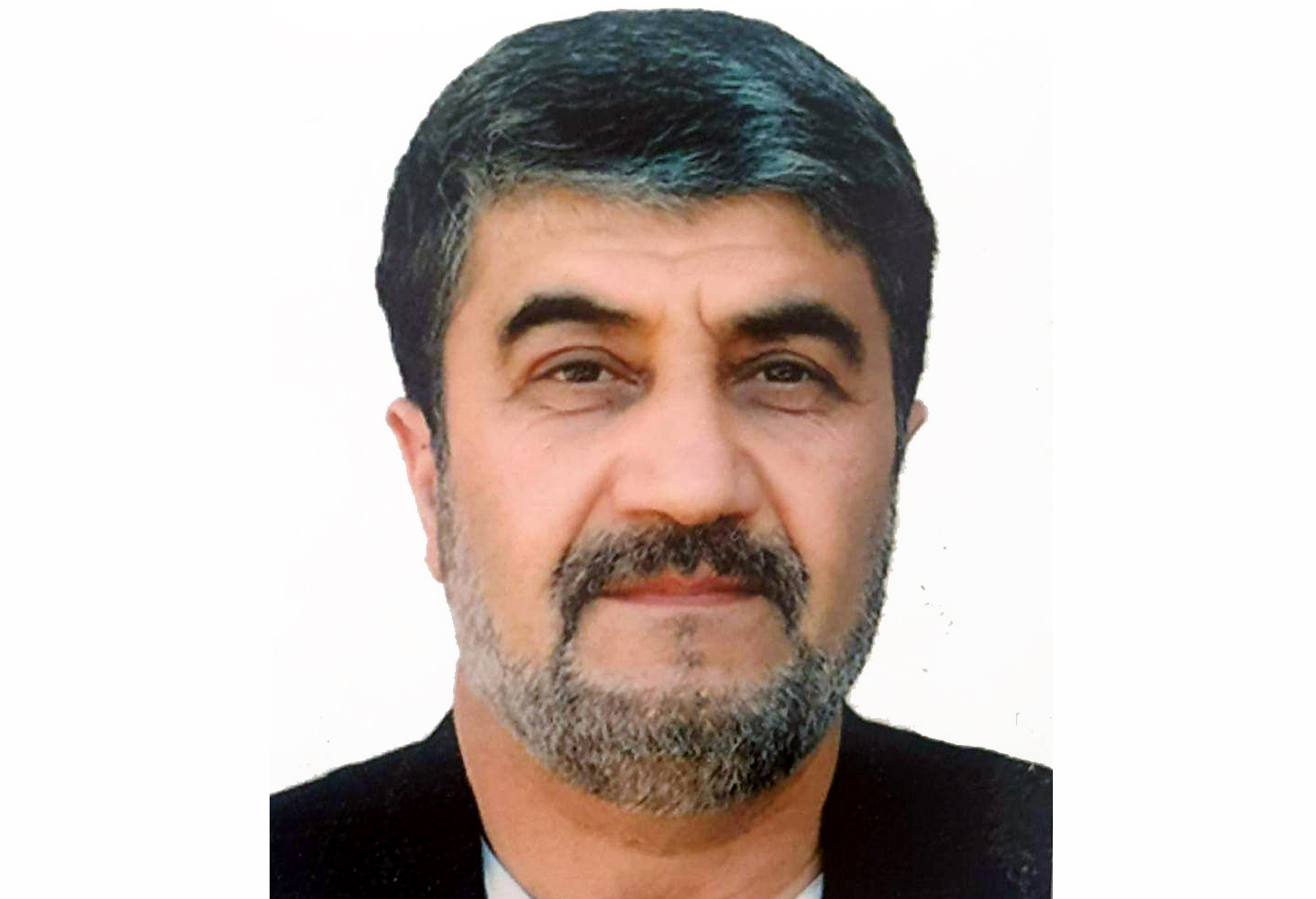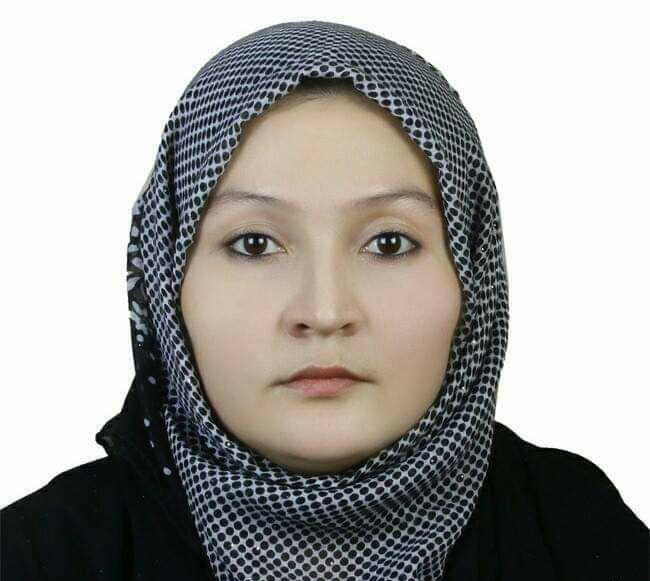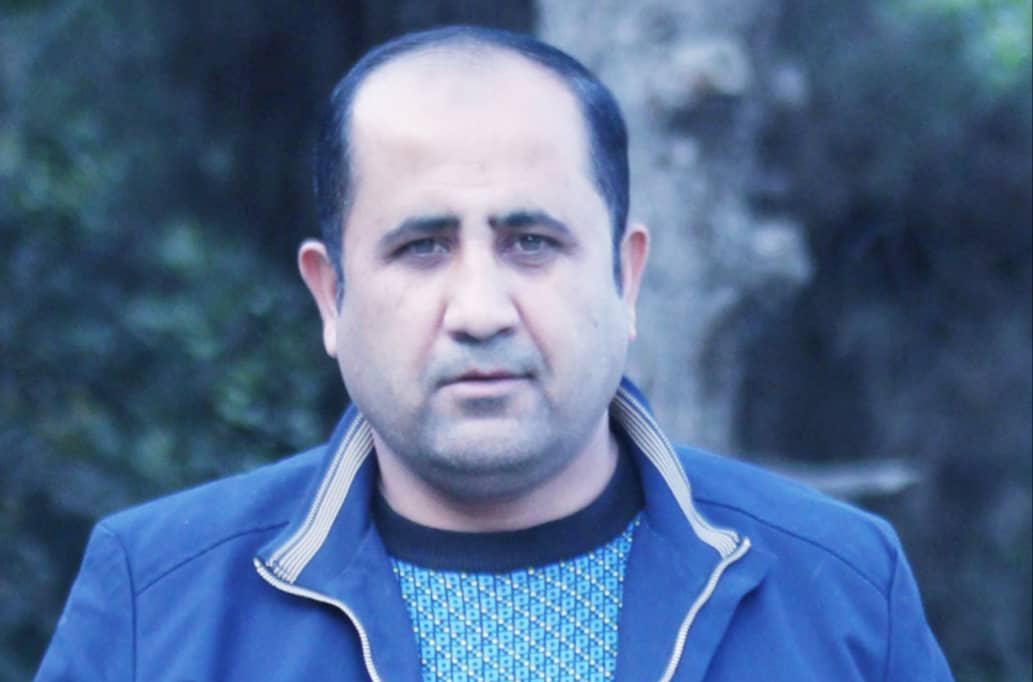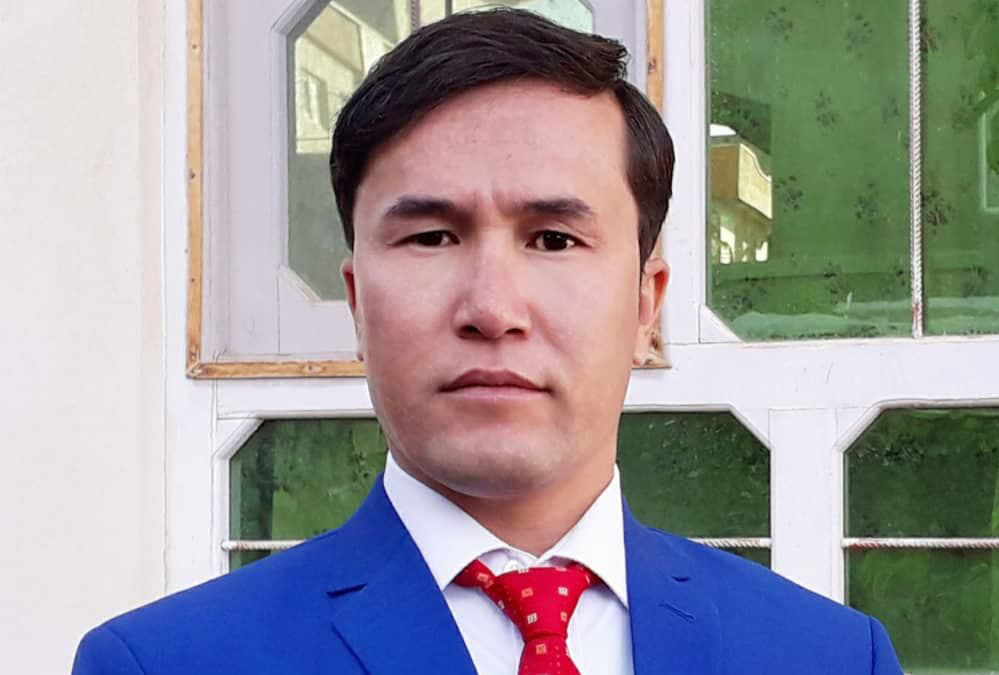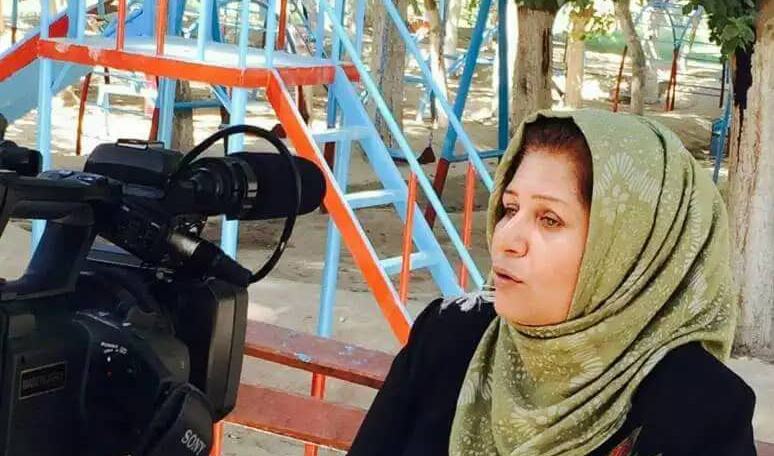HRD+ Statement on the Occasion of International Women’s Day
As a committed institution to women's rights equality, the Human Rights Defender Plus (HRD+) commemorates International Women's Day on March 8th and draws attention to the painful reality of women's lives in Afghanistan. Afghan women have been enduring the worst and most challenging times of their lives due to the spread and increase of poverty, unemployment, despair, uncertainty, lack of social security, and continuous violations of civil and political rights over the past two and a half years. Now that women and their rights are at the center of attention on this important day in the global calendar, the HRD+ presents the following demands:HRD+ urges the international community to include the issue of women's rights as a precondition or at least one of the fundamental issues on their agenda in negotiations regarding Afghanistan.Our demand from the world is to officially recognize gender apartheid as a crimes against humanity. This will lead to the creation and strengthening of effective mechanisms in international law to combat systematic discrimination against women worldwide, including Afghan women.HRD+ calls on monitoring bodies for human rights conventions to pay more attention to the situation of Afghan women than ever before and provide clear and firm recommendations to the international community in this regard.HRD+ urges the UN Special Rapporteur for Afghanistan to search for solutions to inspect and monitor prisons and detention facilities for women in Afghanistan and thereby strive to eliminate or reduce repeated torture and mistreatment against women activists.HRD+ asks all civil institutions, human rights activists, intellectuals, informed personalities, and artists to raise the voices of women for freedom and equality, which, despite the suffocating situation, are still heard in Kabul and provinces, and to support this courageous advocacy.HRD+ insists that national and international media strenuously strengthen the position of women in their current…
